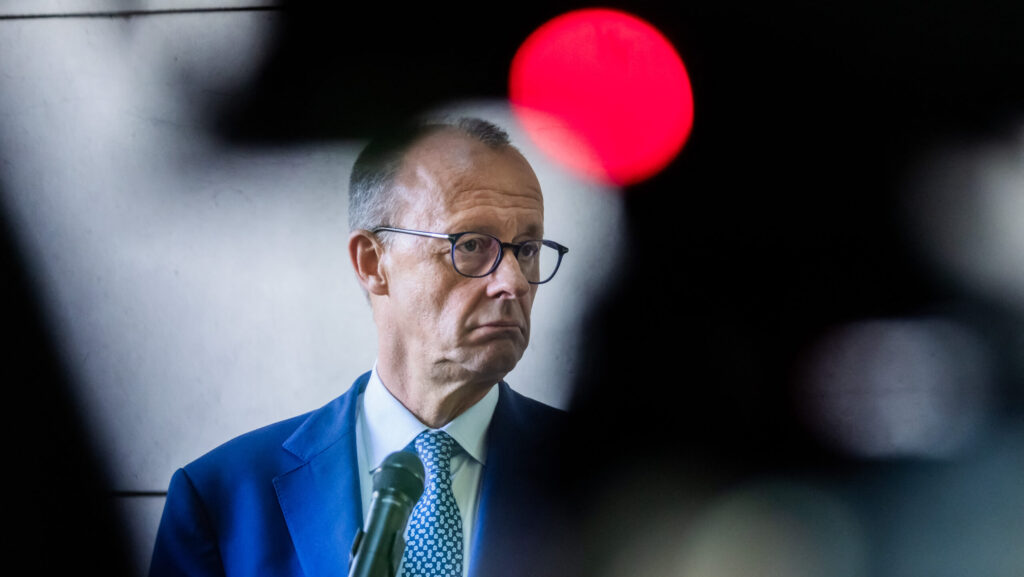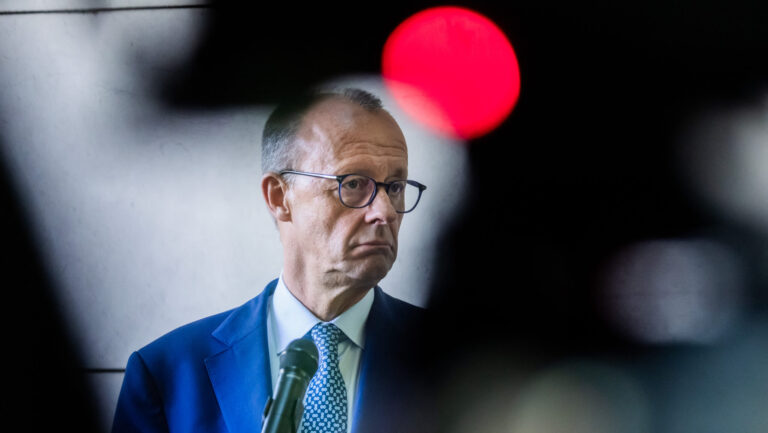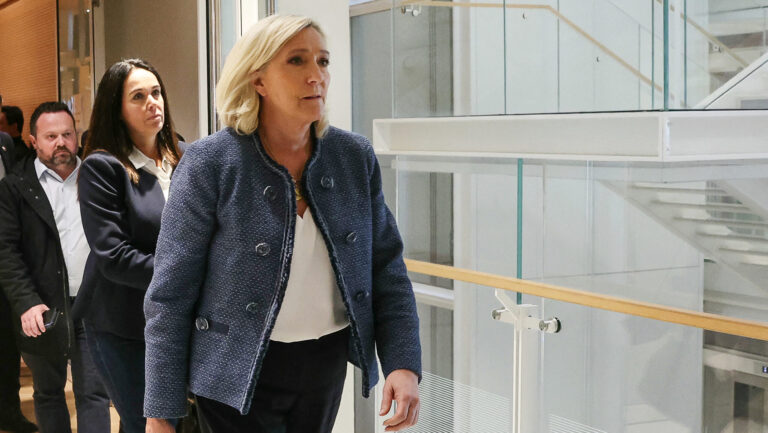In an interview with Mandiner, Energy Minister Csaba Lantos spoke about ways to reduce Hungary’s energy dependency. He highlighted the key role the Paks 2 nuclear plant and renewable resources such as solar are set to play in the increasing energy sovereignty.
Csaba Lantos that over 28,000 people have already pre-registered for the Solar Energy Plus programme, with over 15,000 applications received so far for support for the installation of solar panels and accompanying green energy storage units in households.
Speaking about the broader topics of Hungarian energy supply, he stressed that while Hungary is still dependent on foreign countries, the country is not doing badly in international comparison, with 64 per cent of its annual consumption being import-dependent. The minister noted that due to the country’s geographical conditions, a ‘miracle’ is needed for complete energy sovereignty, but efforts must be made to significantly reduce the proportions, and that is a resolute purpose of the government.
He emphasized that after the operation of the second unit of the Paks nuclear power plant Hungary may indeed become self-sufficient in electric power, albeit with periods of importation and exportation. Lantos noted that the concept is based on two elements: nuclear and renewable energy. The former requires the completion of the Paks 2 investment and the expected twenty-year extension of the operating time of the existing blocks.
Regarding the Paks 2 project, he said they are currently at the stage of soil stabilization, which is an essential part of the process.
‘This is a tried and tested, first-class technology.
And when both power plants, that is, a total of six blocks, work simultaneously, it will meet over half of the country’s current electricity needs. Today, this production would be sufficient even for two-thirds, but by then, due to the spread of electromobility and electrification, more electric energy will be needed,’ he added. Responding to the suggestion that expansion might be endangered due to the Russo–Ukrainian war and the sanction policy, the minister emphasized that Paks 2 is an international project approved by the EU, and the work is currently being carried out by a German–American company.
‘The new power plant will serve the Hungarian people’s energy supply for at least sixty years. Hopefully, by the time it is completed, we will have long left behind this terrible war. The Hungarian government has been advocating for a ceasefire and the start of peace talks from the very beginning,’ he emphasized. The new reactors of Paks 2 are expected to be operational in the first half of the 2030s, he said.
The minister also mentioned that the opportunity has opened up for the construction of wind turbines, where industrial investors can install new capacities exceeding the current 330 megawatts.
Related articles:








